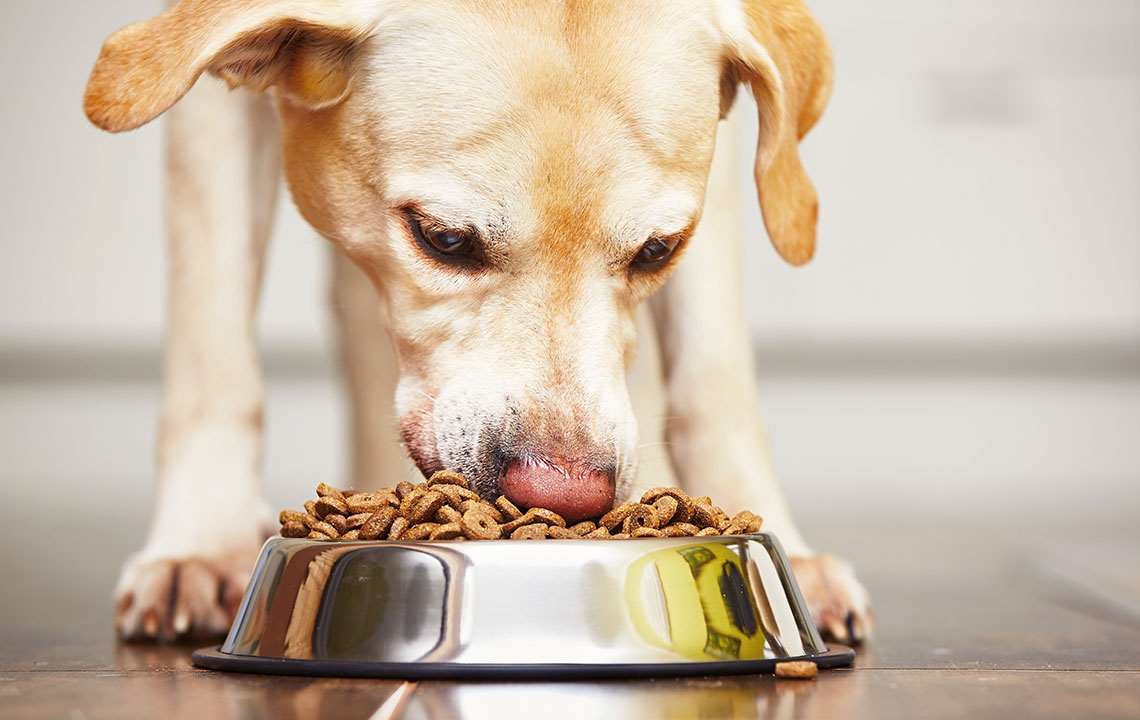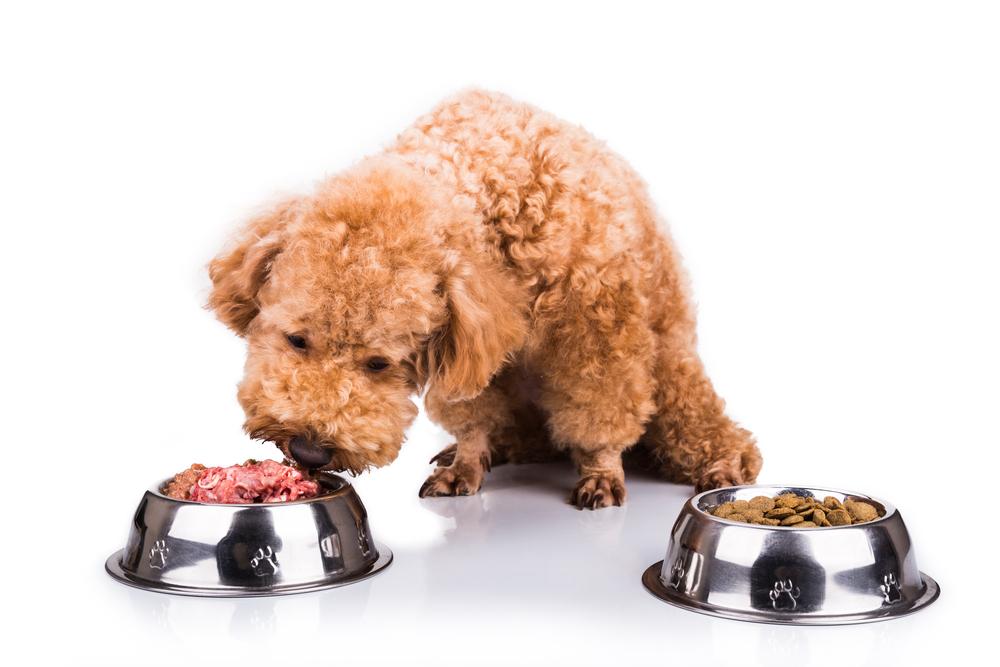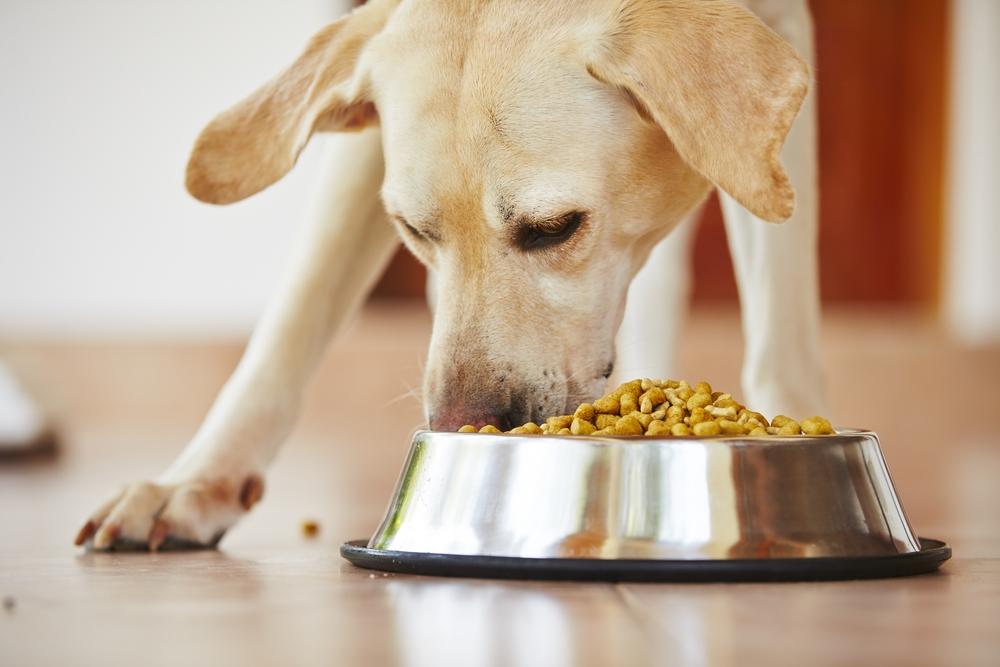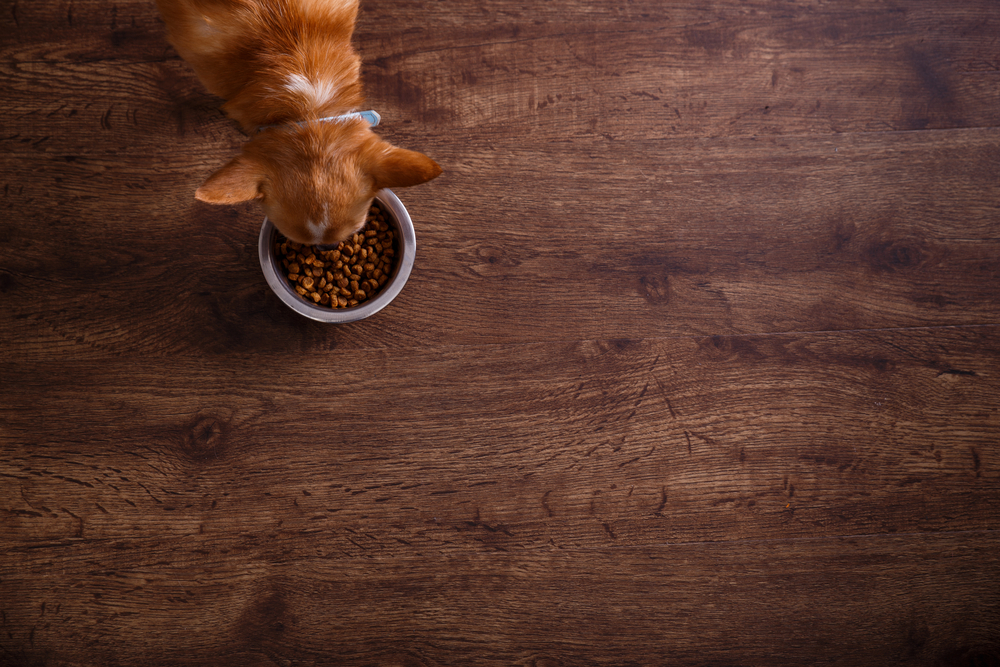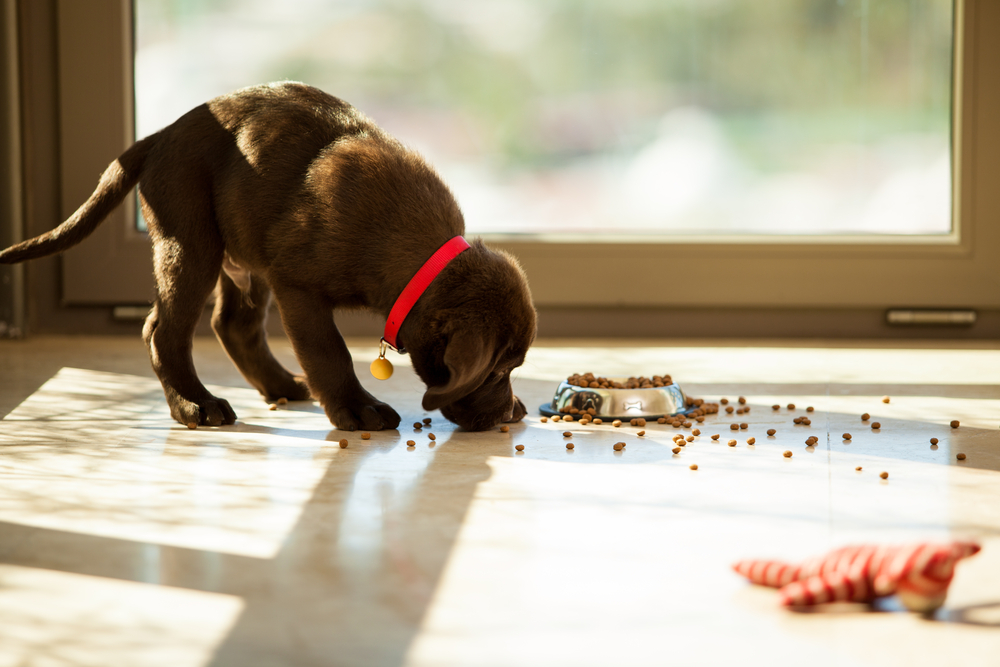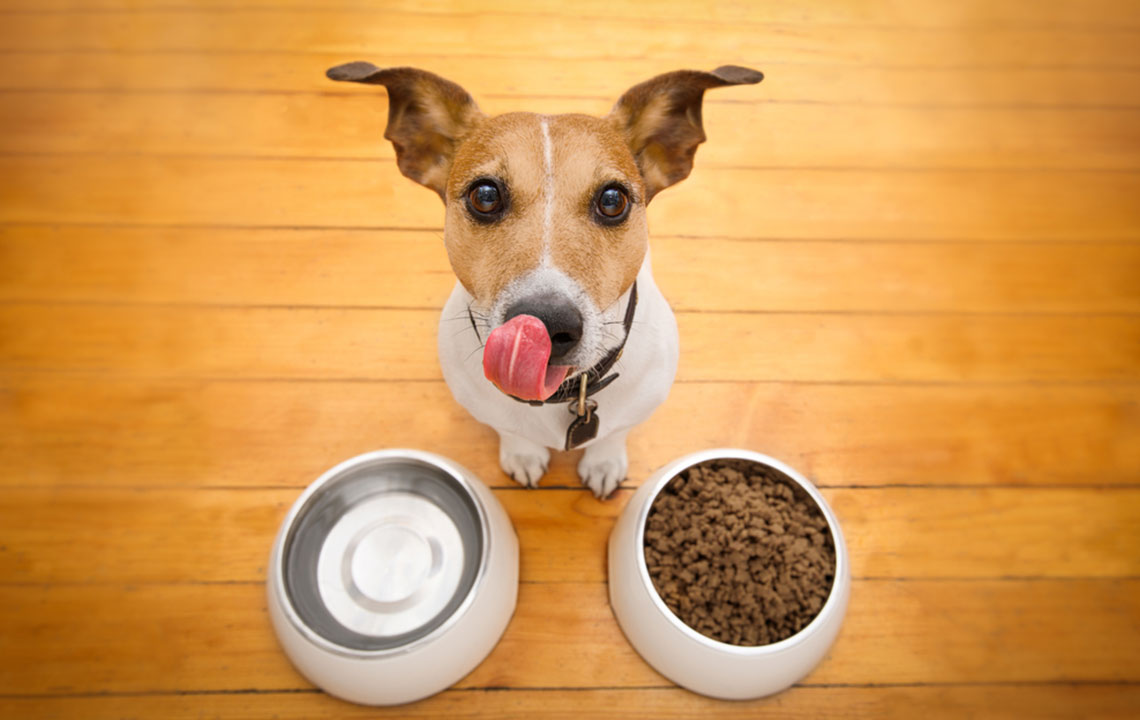Effective Strategies for Managing Canine Food Allergies
Discover effective methods to manage and treat food allergies in dogs. Learn about hypoallergenic diets, symptoms, and tips from veterinarians to ensure your pet's well-being and comfort. Find suitable products and actionable advice for allergy prevention and care.
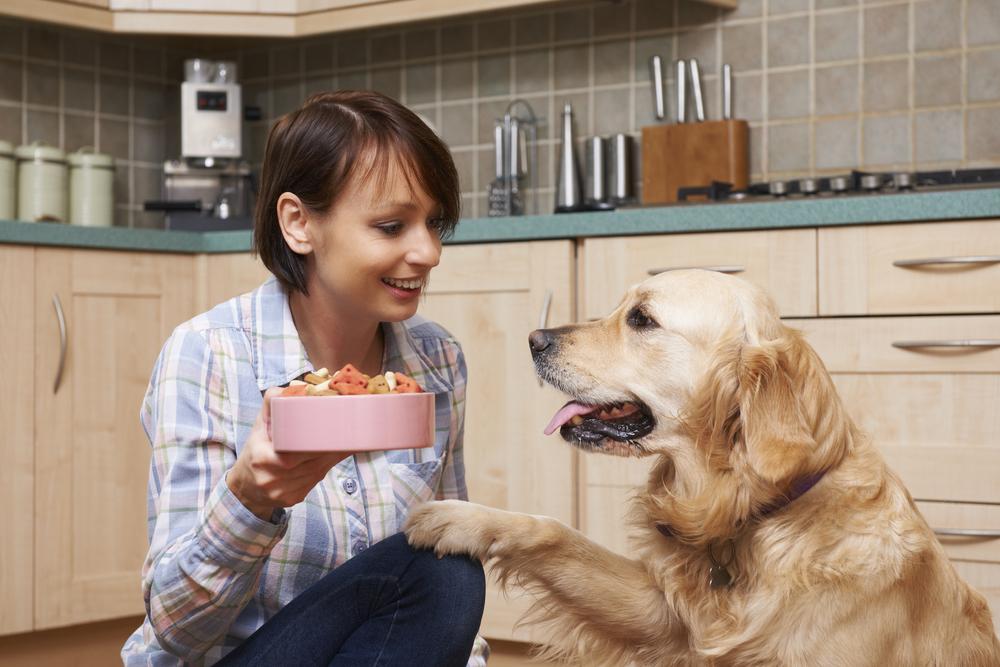
Managing Food Allergies in Dogs: Expert Tips
Proper nutrition is crucial for maintaining your dog’s health, especially when dealing with food sensitivities. Many dogs develop allergies to specific foods, making it important for owners to identify and eliminate problem ingredients. Allergic reactions can impact a dog’s immune system and overall well-being. Food allergies in dogs are often triggered by certain proteins or carbs found in their diet. Consulting a veterinarian is essential for pinpointing allergies and choosing suitable hypoallergenic or limited-ingredient dog foods to reduce symptoms and improve quality of life.
Food sensitivities may cause symptoms like itching, ear infections, vomiting, or diarrhea. Choosing the right foods and avoiding additives helps prevent these issues. Veterinarians may recommend grain-free diets or special formulas with minimal ingredients to decrease allergic reactions. Gradually introducing new foods and monitoring responses is vital for managing allergies effectively.
To control food allergies, dog owners should follow these best practices:
Seek veterinary guidance
Provide balanced, nutritious meals
Enhance protein digestion
Introduce new foods gradually
Mix small amounts of new food into current diet
Regular diet management can prevent discomforts like itching, inflammation, or gastrointestinal issues. Diagnosing allergies involves eliminating suspect ingredients under vet supervision. When selecting dog foods, opt for hypoallergenic or limited-ingredient options supported by reviews and research. Trusted brands like P.S. for dogs, Instinct Limited Ingredient Diet, Rachael Ray Nutrish Just 6, and NUTRO Limited Ingredient Diet are popular choices that help mitigate allergic reactions. Always consult your vet before making dietary changes to ensure your dog’s health and safety.
